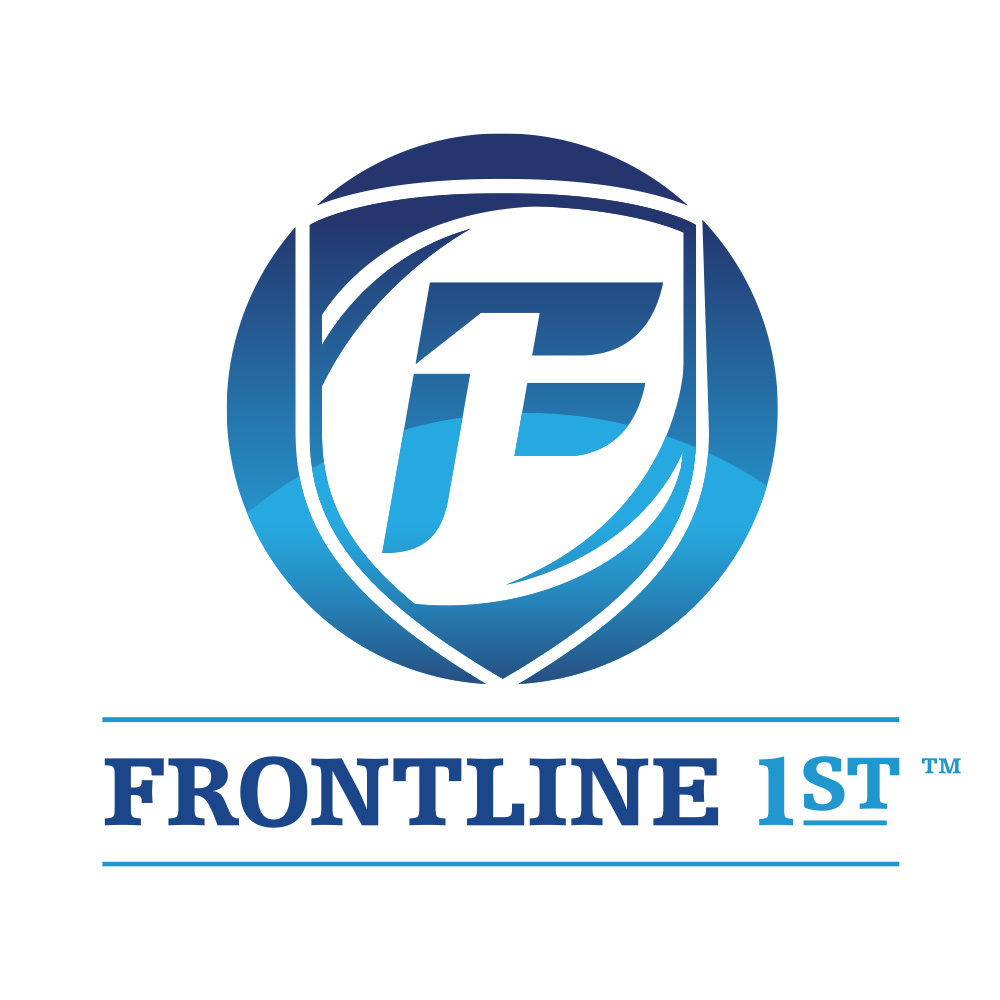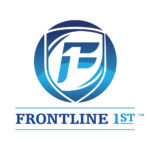Implementing Salesforce in the high-tech industry is a unique challenge. These companies are early adopters of cutting edge technologies, highly technical, and often have deeply integrated systems and sophisticated development pipelines. Unlike more traditional enterprises, high-tech customers expect consultants to be strategic partners—offering clarity amid complexity and often want to see immediate value.
Salesforce consulting partners must elevate their approach when working with this audience. It’s not just about technical delivery; it’s about understanding the customer’s ecosystem , simplifying processes, and guiding decisions with empathy and credibility.
At Frontline 1st , we understand this audience with multiple Salesforce implementations for this vertical and this article outlines our key learnings and the strategies for successfully implementing Salesforce for high-tech customers.
1. Understand the High-Tech Customer Mindset
High-tech customers differ from many other industries in one major way: they’re usually ahead of the curve when it comes to technology.
Key Characteristics:
- Early adopters of technology : They want to try new technologies and within Salesforce, they want to explore newer capabilities—AI, Slack integration, Data Cloud—but expect rapid proof of value.
- Technical users : Their internal teams often include engineers, architects, and admins who understand Salesforce internals and can challenge consultants who are used to working within one Salesforce cloud. Consulting companies are best equipped when they place a multi-cloud Salesforce consultant and can easily speak to the capabilities of each of those clouds.
- Process maturity varies : While their product development is cutting-edge, their sales, service, and partner processes can lag or be overly complex. A term we often hear is “over-engineered” when it comes to process complexity.
What Consultants Should Do:
- Avoid oversimplification : High-tech customers don’t need “Salesforce 101”—they need a sharp, relevant point of view.
- Show strategic empathy : Understand their internal pressures—fast growth, complex roadmaps, scaling pains—and offer guidance tailored to that context.
- Speak their language : Use terminology they know—APIs, schemas, sandbox refreshes, CI/CD—but always tie it back to business value.
2. Navigate a Complex Tech Stack
High-tech companies often operate with a diverse and fast-changing technology stack . Salesforce won’t be the only system—they may integrate with Jira, GitHub, Snowflake, HubSpot, internal systems for multiple departments that don’t often talk to each other, and more.
Common Integration Patterns:
- Product usage data flowing into Salesforce for churn prediction
- Engineering-to-customer workflows integrating Jira with Cases
- Real-time alerts from monitoring tools creating Opportunities or Cases
What Consultants Should Do:
- Perform detailed architecture reviews : Map out the full system landscape to identify integration points and potential bottlenecks.
- Recommend smart integration methods :
- Use MuleSoft or Apex-based APIs for deep connections.
- Use Platform Events or Change Data Capture (CDC) for event-driven data sync.
- Avoid rigid templates : High-tech clients need flexibility, not cookie-cutter implementations.
3. Align with Sophisticated DevOps Practices
These companies live and breathe DevOps. They may already have automated pipelines for their own software and expect the same rigor in their Salesforce environments.
DevOps Expectations:
- Full version control and automated deployments
- Sandbox governance with naming conventions and refresh cycles
- Automated testing and rollback options for metadata changes
What Consultants Should Do:
- Adapt to their pipeline, not yours : Understand if they’re using GitHub Actions, Jenkins, or Azure DevOps and build your approach accordingly.
- Use DevOps tools for Salesforce :
- Native: DevOps Center
- Third-party: Copado , Gearset , Autorabit
- Implement scalable branching strategies : Teach the client how to manage hotfixes, releases, and experimental features without disruption.
4. Simplify Legacy Processes and Clean Up Complex Data
Ironically, high-tech companies can become victims of their own speed. As they grow rapidly, business processes can become tangled and systems overloaded.
Common Challenges:
- Overly customized Salesforce orgs with little documentation
- Data debt from merging acquisitions or running pilots in production
- Shadow IT processes built outside the system of record
What Consultants Should Do:
- Approach with empathy : Don’t criticize complexity—understand why it exists and offer a pathway out.
- Streamline and refactor :
- Use object model rationalization to reduce custom objects and fields.
- Identify process overlaps in sales, renewals, and support.
- Recommend data cleanup and deduplication strategies using tools like Cloudingo, DemandTools, or native Matching Rules.
- Focus on business outcomes : Reduce noise to make it easier for teams to close deals, respond to customers, and measure performance. Focus less on why they got here; rather present a forward-looking approach and focus on how to get them out of their legacy systems and legacy data problems.
5. Balance Business Process Focus with Technical Depth
While tech companies are deeply technical, that doesn’t mean they want overcomplicated Salesforce solutions. In fact, they crave clarity—especially in business processes that haven’t scaled as well as their product.
Examples of Critical Business Workflows:
- Lead-to-Cash : Aligning marketing automation, sales forecasting, quoting, and billing.
- Customer Success Lifecycle : Tracking onboarding, QBRs, churn risk, and health scores.
- Partner Onboarding : Managing external partners, deal registration, and tiering.
What Consultants Should Do:
- Start with process mapping : Collaborate with business and technical teams to define clear process flows.
- Use Salesforce for process clarity : Leverage:
- Flow for automation
- OmniStudio for dynamic interactions
- Experience Cloud for partner portals
- Avoid over-engineering : Just because you can build something custom doesn’t mean you should.
6. Respect “Drinking Their Own Champagne”
Many high-tech clients want to use their own AI tools, analytics platforms, or workflow engines. This is a natural extension of their innovation culture—and an opportunity for you to guide wisely.
Scenarios You’ll Encounter:
- They want to use their proprietary AI models instead of Salesforce Einstein.
- They’ve built internal dashboards in Tableau, Power BI, or even code .
- They want Salesforce to just push/pull data, not be the system of intelligence.
What Consultants Should Do:
- Stay open, but offer perspective :
- If their tools are solid, enable integration and support it.
- If their tools are duplicative or fragile, recommend Salesforce-native alternatives.
- Speak both sides :
- Understand their tool’s architecture and compare it to Salesforce.
- Offer a cost-benefit or scalability comparison.
- Champion hybrid approaches where it makes sense.
7. Keys to a Successful Salesforce Implementation in High-Tech
To wrap it all together, here are the essential ingredients for Salesforce success in a high-tech organization:
Best Practices
- Establish data governance early : Define ownership, retention, and sync rules from Day 1.
- Document everything : High-tech companies love documentation—API contracts, field maps, flowcharts, and even decision logs.
- Drive change management : Adoption matters. Train users and show the “why,” not just the “how.”
- Deliver a roadmap : Don’t treat Salesforce as a project—treat it as a platform. Plan for phase 2, 3, and beyond.
- Collaborate transparently : High-tech customers expect agile-style collaboration with real-time status and visibility.
Conclusion
High-tech customers are not just looking for consultants—they want trusted advisors who can navigate complexity, simplify where needed, and understand both business needs and deep technical constraints.
To impress these customers and deliver long-term value, Salesforce consulting partners must bring:
- Strategic empathy
- Technical fluency
- Process clarity
- And the ability to say, “Let’s simplify.” with solid viewpoints.
By meeting these expectations, you won’t just implement Salesforce—you’ll help high-tech companies scale it into a platform for innovation, growth, and customer success. Ready to transform your Salesforce experience? Partner with Frontline 1st — the experts who understand the high-tech customer and know how to deliver successful, high-impact implementations that drive results. Contact us today to get started.











